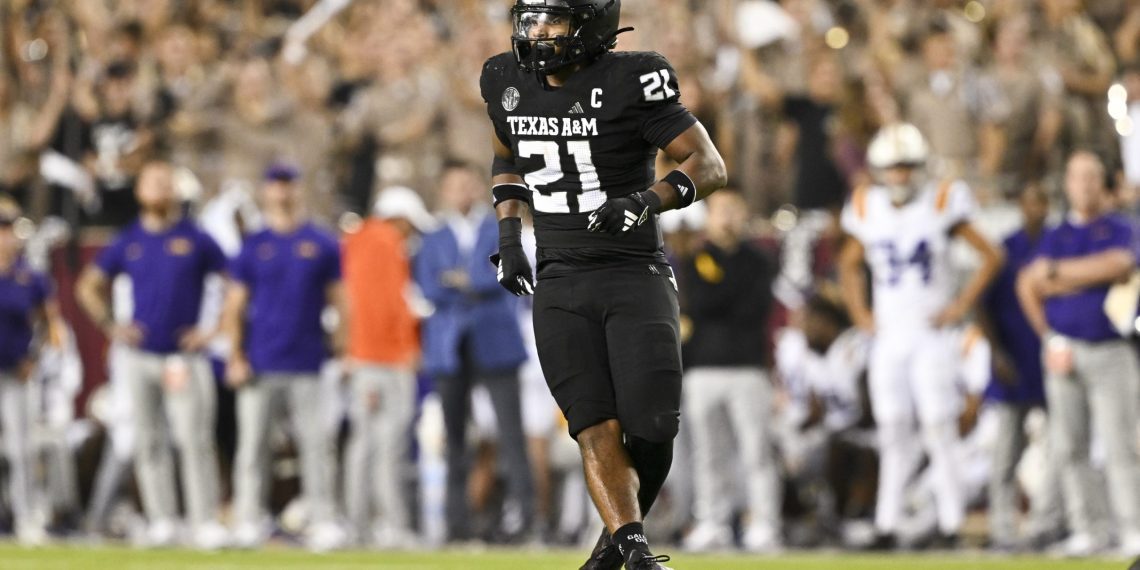Measurement Controversy
Will Campbell, a standout offensive tackle from LSU, faced renewed scrutiny after a slight change in his arm length measurement stirred debate. Initially recorded at 32 5/8 inches during the combine, his measurement later registered at 33 inches during LSU’s pro day. Despite the modest increase of 3/8 inch, some critics questioned whether such a minor variation should influence evaluations of his potential. Campbell voiced his frustration, emphasizing that his performance on the field should speak for itself rather than a small numerical change.
Performance Highlights
Beyond the measurement debate, Campbell impressed evaluators with a 40-yard dash time of 4.98 seconds—a performance that highlights his speed and explosiveness as an offensive tackle. His overall athletic ability and consistent play underscore his potential as a top draft candidate, demonstrating that practical performance on the field outweighs minute physical adjustments that can easily vary from one measurement to another.
Debate Over Evaluation Metrics
The recent focus on a minor change in arm length brings into sharp relief the broader discussion about the weight placed on specific physical metrics in draft evaluations. Minor discrepancies, often seen throughout pro day assessments, have long been part of the landscape when physical traits are scrutinized. This situation reignites the conversation about whether absolute numbers or demonstrated on-field performance should carry more importance when assessing a player’s potential at the professional level.
LSU Talent and Broader Impact
Campbell’s journey reflects a broader narrative of development at LSU, where raw athletic talent and game performance are both honed to produce NFL-caliber players. His experience is a reminder that while precise measurements can generate attention, it is the tangible impact during games that truly defines a prospect’s ability. As teams continue their evaluations, the emphasis remains on the skill, resilience, and adaptability of players like Campbell, who consistently prove that their game performance stands far above minor measurement variations.









